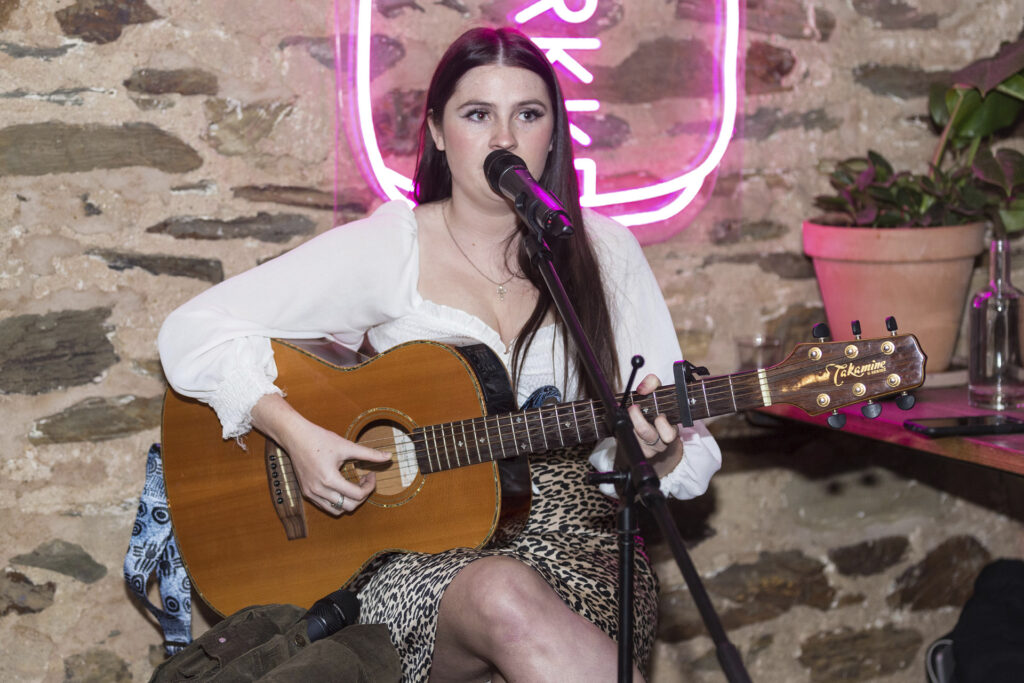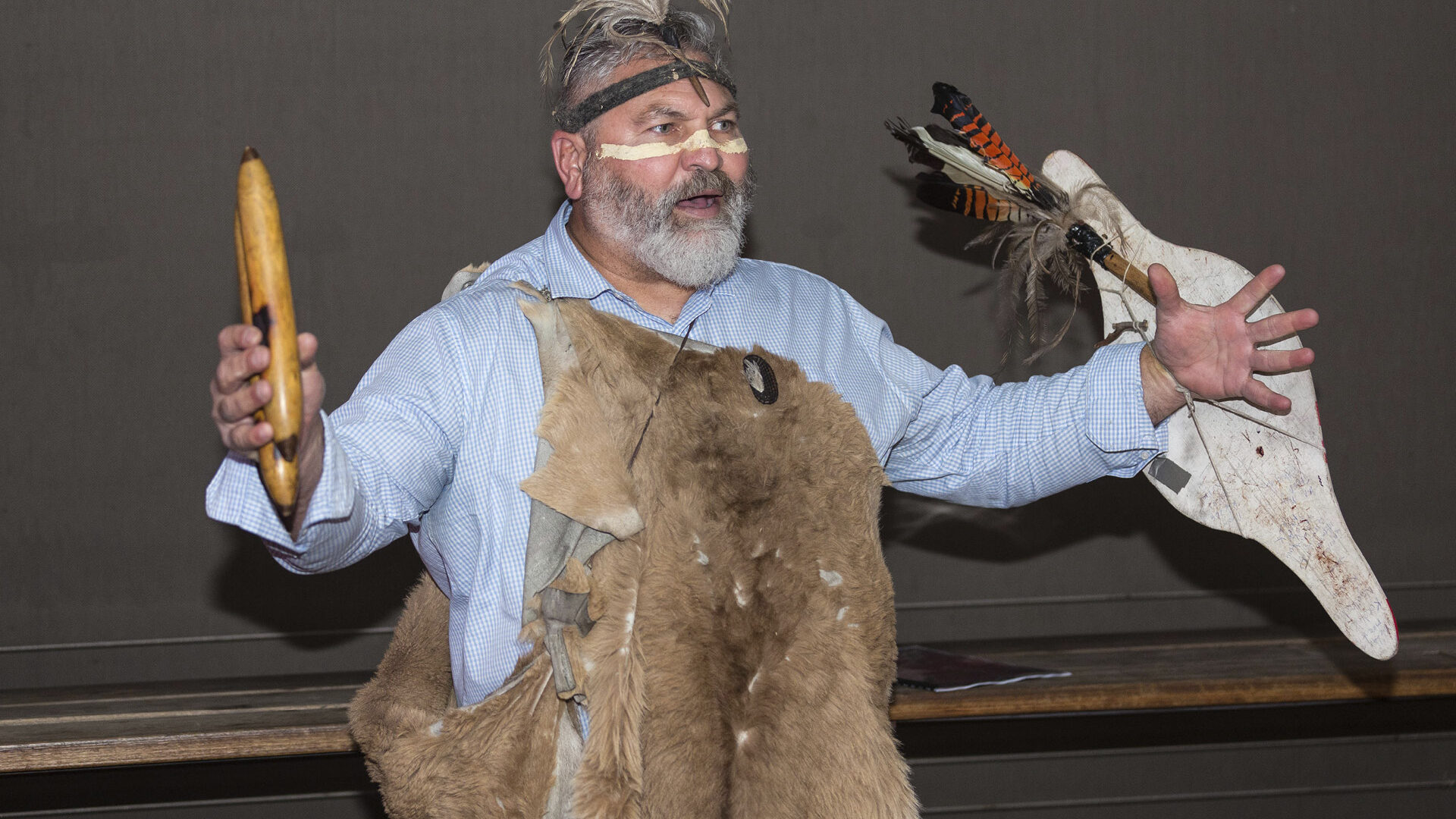Based on Kaurna land on South Australia’s Adelaide Plains, the Adelaide City Rotaract Club (ACRC) is the first within Rotary to have developed a Reconciliation Action Plan (RAP), endorsed by not-for-profit organisation Reconciliation Australia.
By Katey Halliday
ACRC RAP chairperson and member of Rotary International’s Diversity, Equity and Inclusion Taskforce
ince 2006, RAPs have provided an avenue for organisations to sustainably and strategically take meaningful action to advance reconciliation between Indigenous and non-Indigenous Australians.
As a leading community service organisation, Rotary absolutely has a role to play in this. We exist to serve the community, and to do this well, we must have an understanding and appreciation for Aboriginal and Torres Strait Islander communities.
“We exist to serve the community, and to do this well, we must have an understanding and appreciation for Aboriginal and Torres Strait Islander communities.”
At ACRC, we started delivering an Acknowledgement of Country at meetings a few years ago, but we wanted to do more, learn more, and we wanted to do things properly.
The RAP framework outlines tangible actions to help improve the knowledge and commitment of members. It is a strategic document that asks organisations to reflect on their internal knowledge and processes and ensure they are inclusive. These actions help advance reconciliation by supporting organisations, and the people within them, to develop respectful relationships and create meaningful opportunities with Aboriginal and Torres Strait Islander peoples.

At an event in July 2021, supported by the City of Adelaide Council, the ACRC RAP was launched with a Welcome to Country from Senior Kaurna Man, Mickey O’Brien, and a musical performance by emerging singer-songwriter, Nukunu woman, Tilly Tjala Thomas. We were joined by Rotaractors and Rotarians from District 9510 who wanted to celebrate with us and learn more about ACRC’s vision and plan to support reconciliation not only in our club, but within other clubs across Australia.
“As community service leaders, Rotarians and Rotaractors have a role to play in contributing to reconciliation and ensuring our service projects, initiatives, and membership opportunities are inclusive of Aboriginal and Torres Strait Islander peoples,” ACRC RAP working group member Bernadette Barrett says.
The RAP framework enables Rotaract and Rotary clubs to do this by:
- building and encouraging relationships between Aboriginal and Torres Strait Islander peoples, communities, organisations, and the broader Australian community
- fostering and embedding respect for the world’s longest surviving cultures and communities
- developing opportunities through Rotary to improve socio-economic outcomes for Aboriginal and Torres Strait Islander peoples and communities.
The vision and principles of Rotary encourage us to promote diversity, equity and inclusion, and RAPs are an incredible resource to support this. Engaging with such a well-known and respected framework used by organisations across Australia will reaffirm Rotarians and Rotaractors as people of integrity; bolstering our status as community leaders by enabling members to develop a greater cultural awareness that will strengthen relationships with Aboriginal and Torres Strait Islander peoples.
If you are interested in developing a RAP for your club, or finding out more, visit www.adelaidecityrotaractclub.org or contact our club via adelaidecityrotaract@gmail.com. A member of our RAP working group will be happy to chat.
